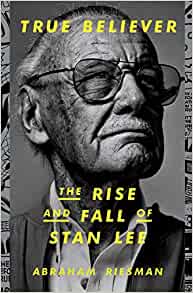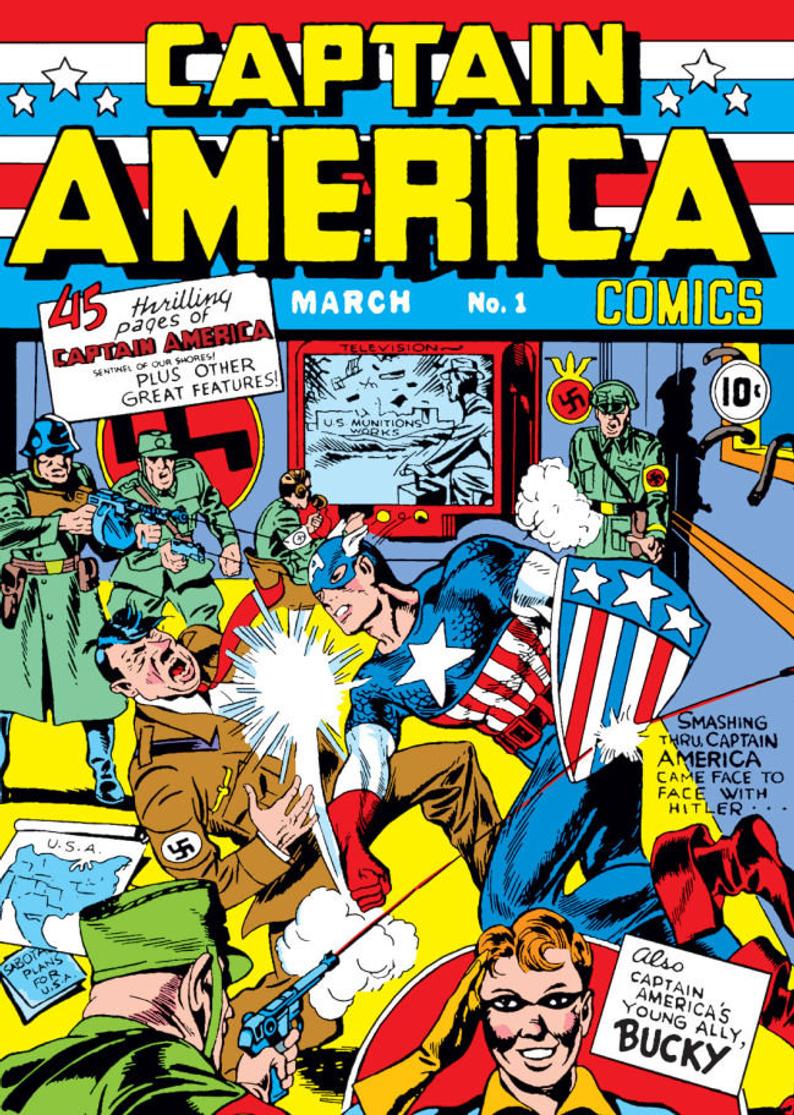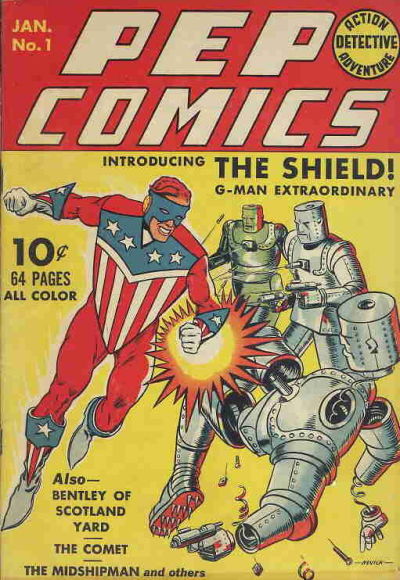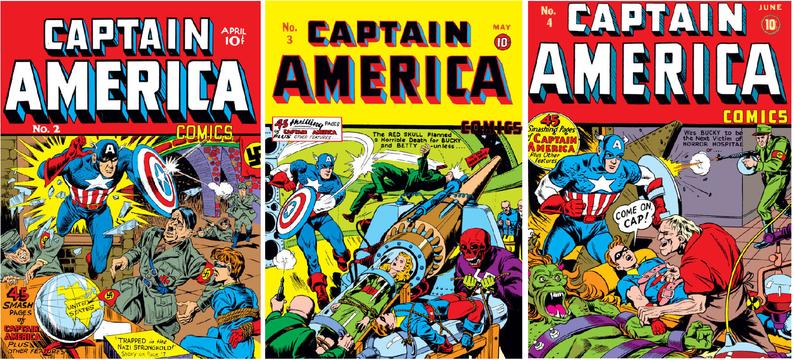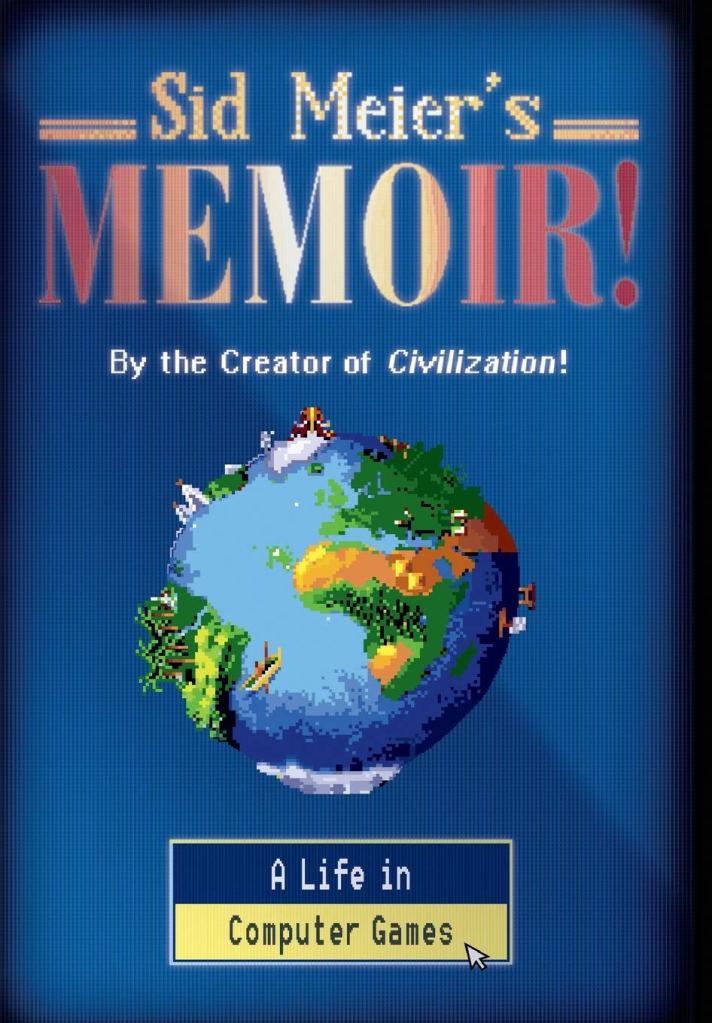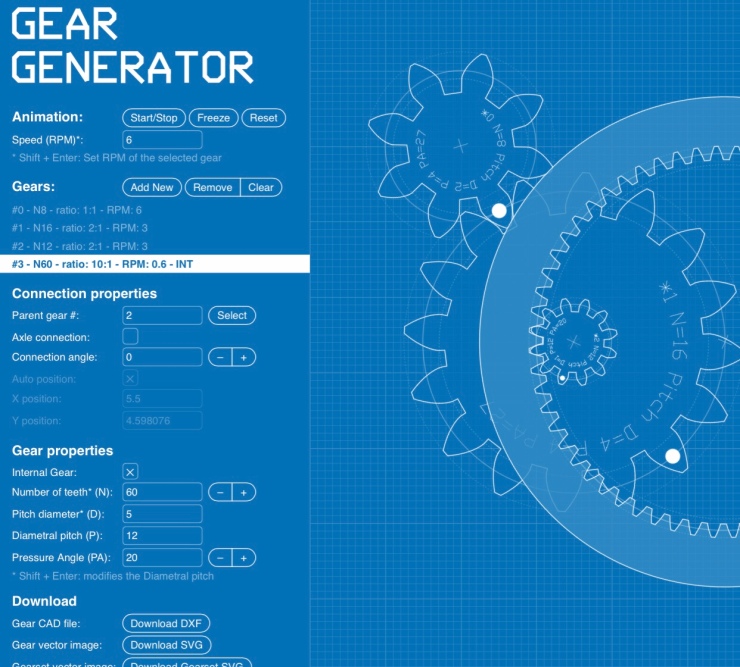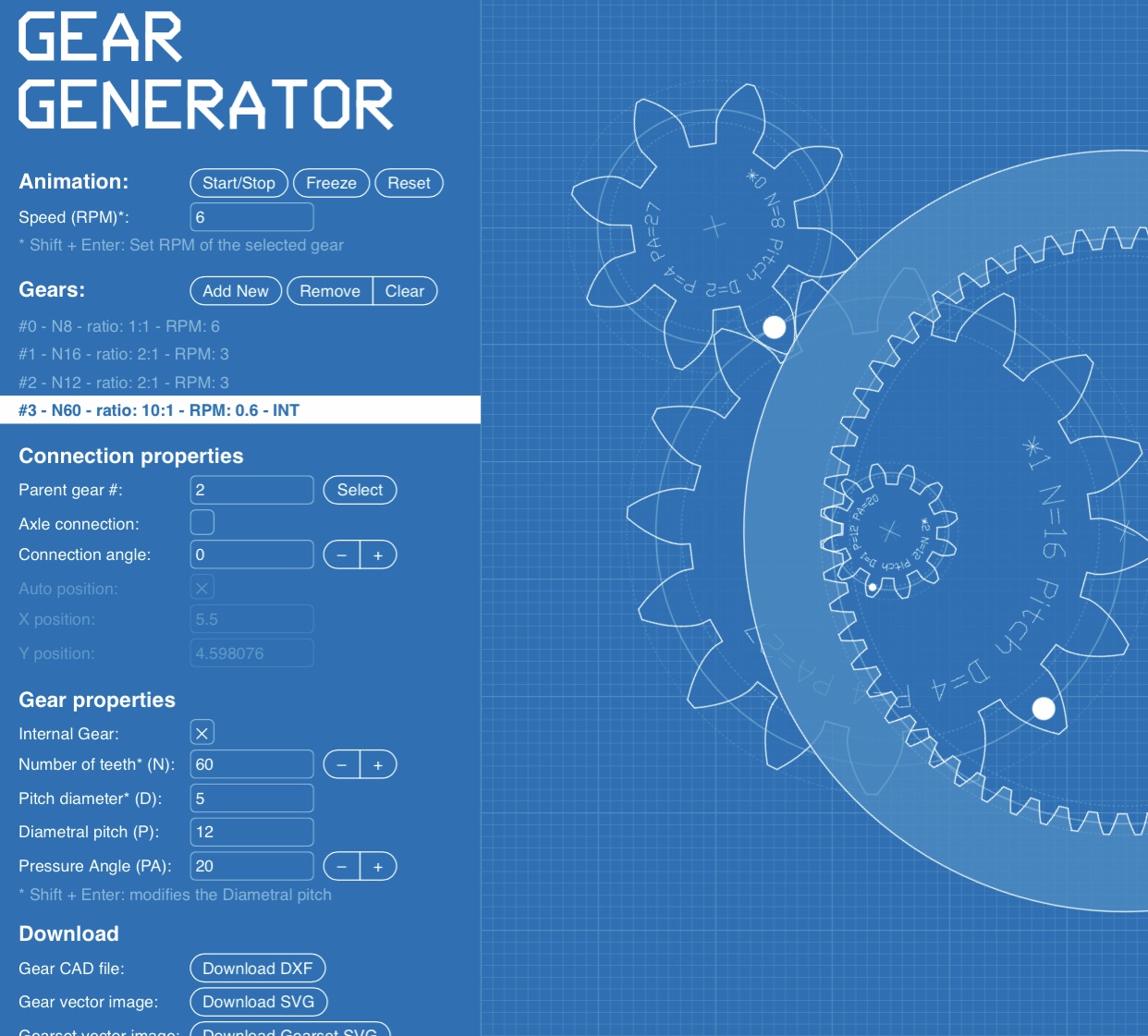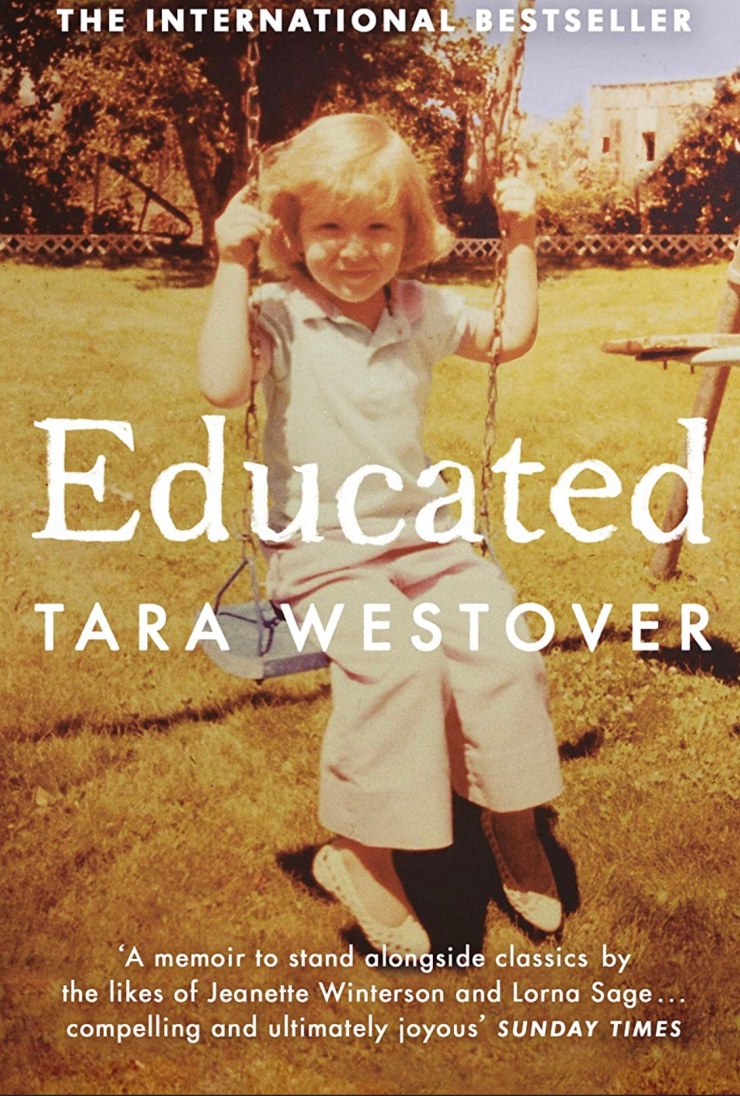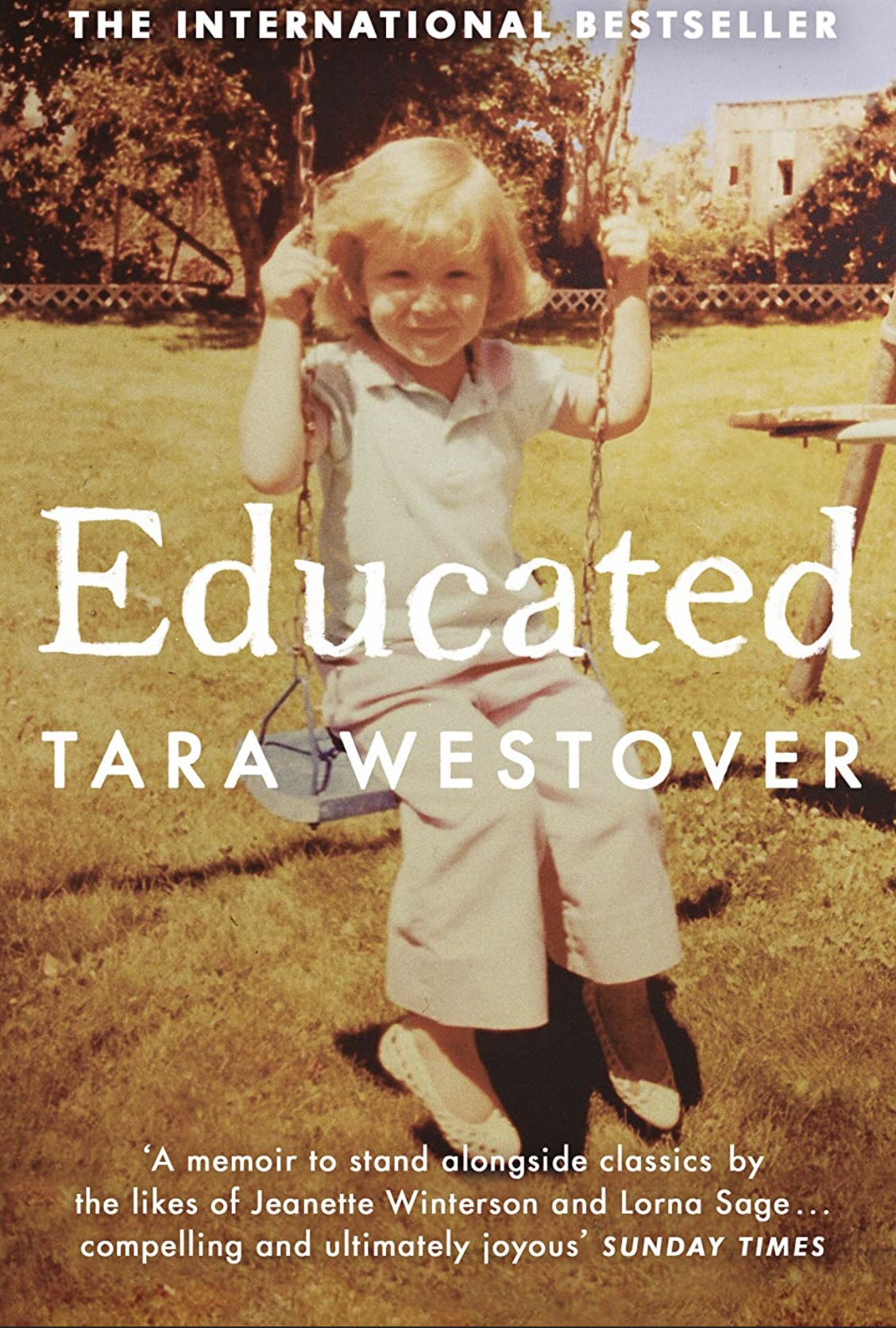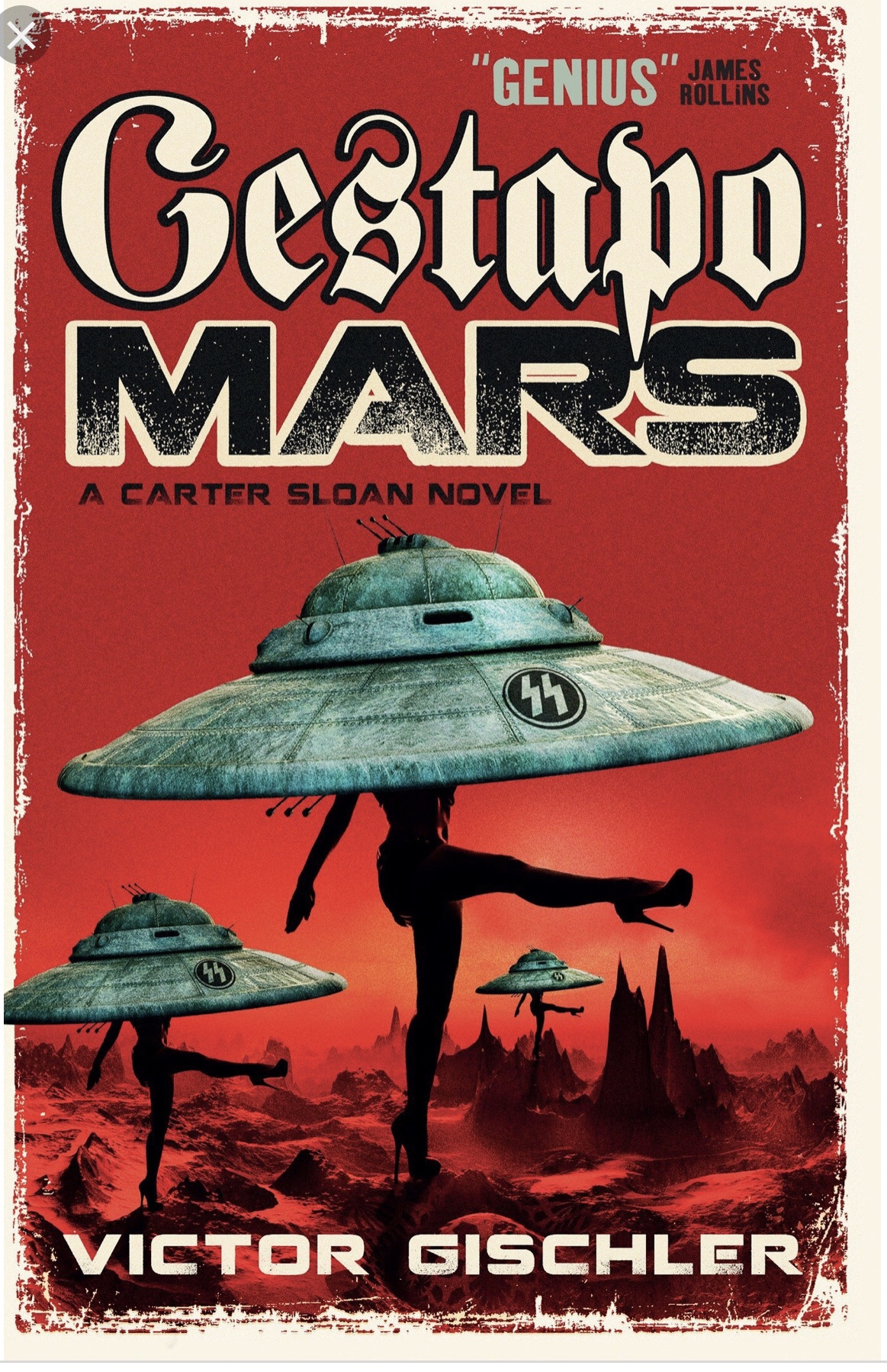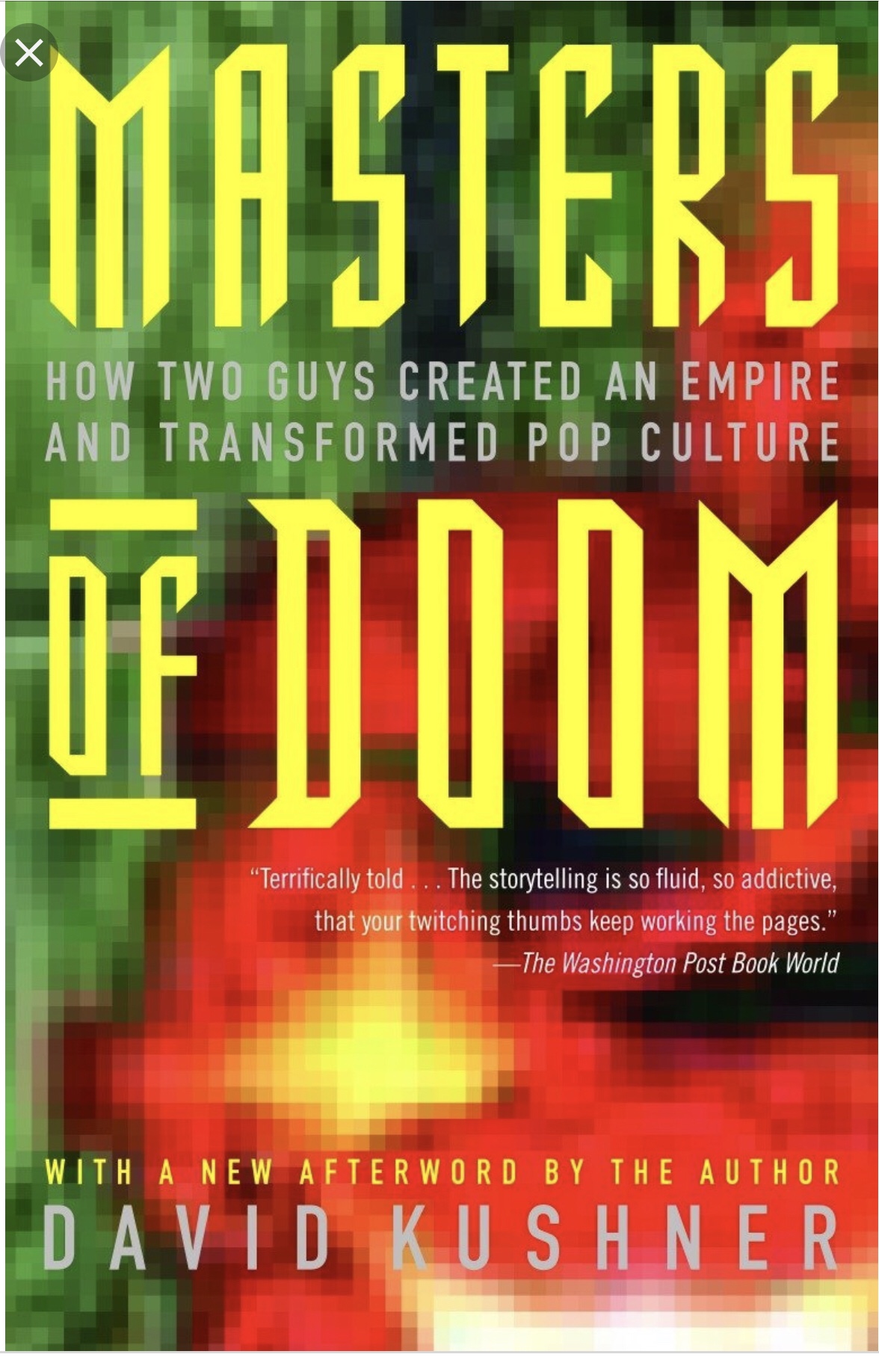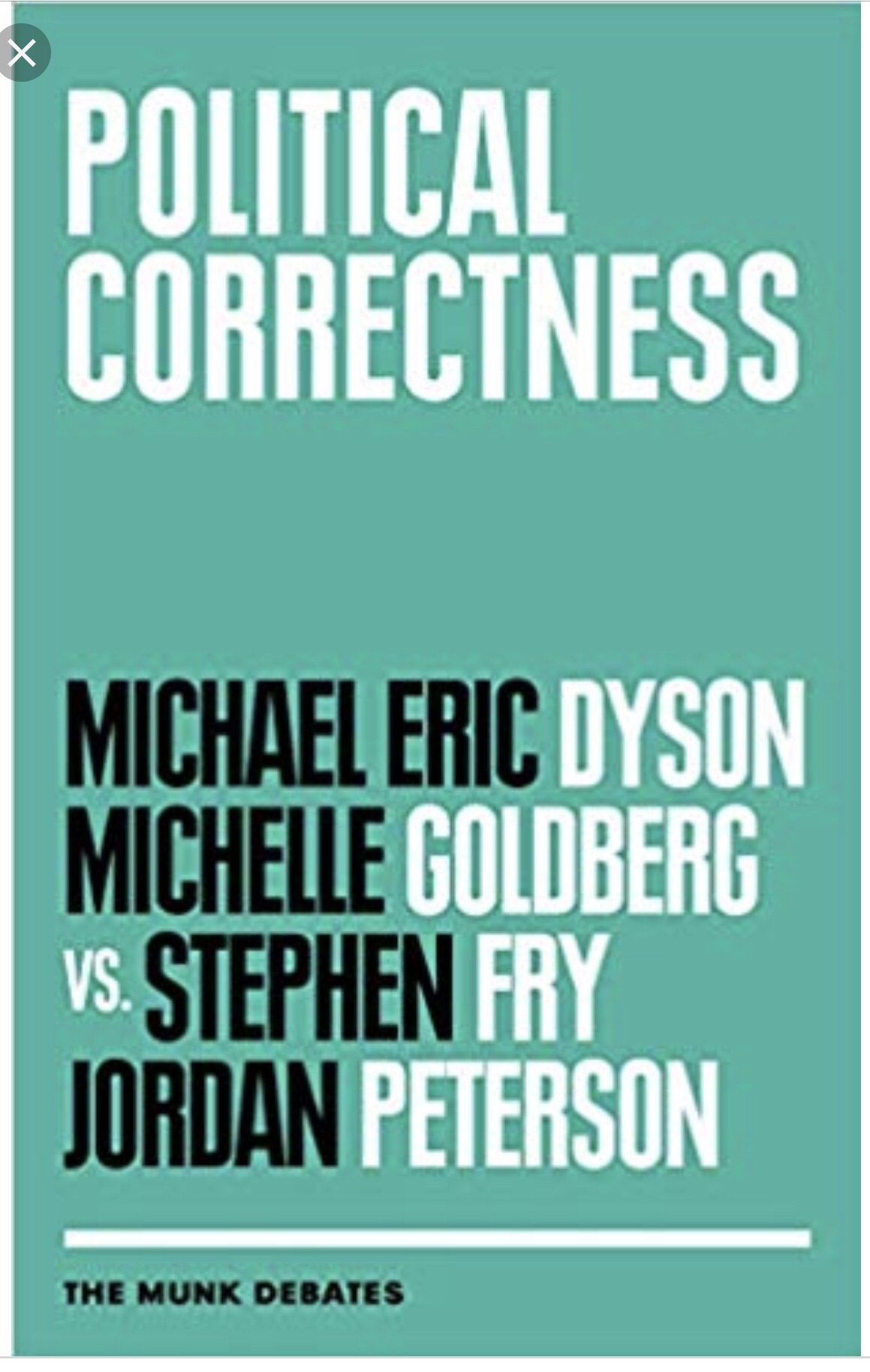I am part way through the fascinating book by Abraham Riesman, “True Believer, The Rise and Fall of Stan Lee”. Will do a review when finished it.
Early on it makes reference to Captain America’s first outing in 1940 and the classic shield shape.
It then goes on to point out the similarities to an earlier superhero from rival publisher MLJ called “Shield” and after threatened legal action by MLJ chief John Goldwater, we ended up in the next issue with the iconic round shield.
This reminded me of “Captain America – The First Avenger” and the shield sported by Cap’ when he was doing the rounds cheering up the troops and which was put to good use fending off incoming vegetables.
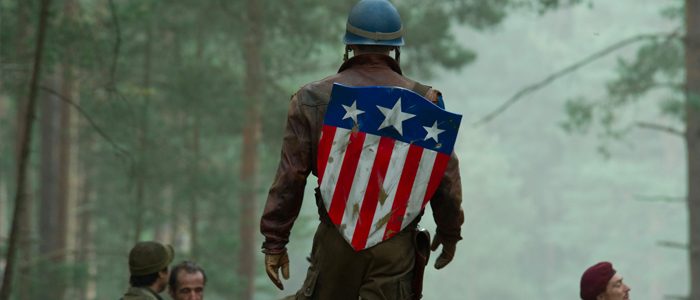
This was clearly a nod to Cap’s first comic book outing and the controversy around the change adds a bit of previously unknown (in my case at least) spice to the lore.
Only 20% into Abraham Riesman’s book but already can tell its going to be a cracker.
